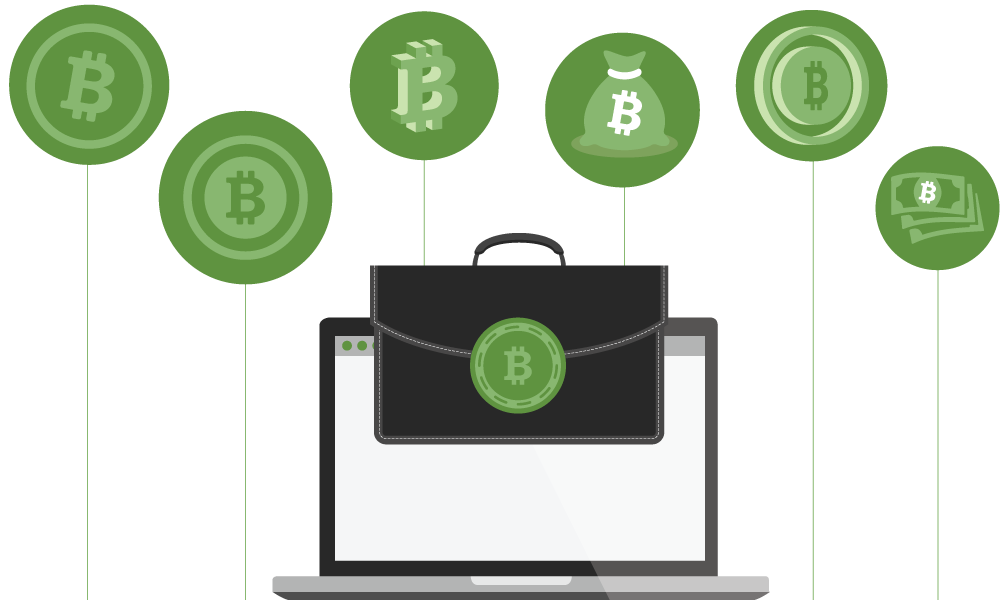A few weeks back, I headed to Santa Monica for the StartEngine ICO 2.0 Summit, a one-day conference all about Initial Coin Offerings, or ICOs. ICOs look and behave a lot like an initial public offering, or IPO, for a stock, but they operate outside of the regulated financial markets and nearly anyone with the right tech knowledge can put one together fairly quickly. But are they legal, and should they be legal? Let’s take a look at the pros and cons of this wild west investment market.
Table of Contents
ToggleHow ICOs work.
Before we talk about how ICOs work, let’s do a quick primer on IPOs. An IPO, or initial public offering, is financial event when a company first sells shares of stock to the general public. This typically happens concurrently with listing on a major stock exchange, like the New York Stock Exchange or NASDAQ. When the company “goes public,” anyone can buy and sell shares quickly and easily through a stockbroker.
ICOs work similarly, but without the regulatory oversight and market listing that stock IPOs require. Instead, ICOs are generally sold directly to the public, without any stock broker or intermediary in the middle, through an online transaction.
Because of how the stock market and public companies operate, most IPOs lead to quick investment gains for the first shareholders. However, these IPO gains are often limited to high net worth investors who are favored by their stock brokers, as IPO shares are limited. But even if the value goes down, odds are the company behind the IPO is strong and stable or it wouldn’t have reached the public markets.
Why ICOs are important?
The nature of ICOs removes much of the certainty of IPOs. While investors can lose on IPOs, it is nearly unheard of for a company to engage in fraud in an IPO. Even if shares fall shortly after an IPO, they are still worth something and represent ownership in a public company.
Because anyone can put together an ICO, many of the built-in protections in the market don’t apply. An ICO could lead to Bitcoin like multiples of price increase, or it could lead to a worthless digital asset that you can’t sell even if you want to. This was the case with Confido, whose founders raised $375,000 for a “smart contracts” startup, took the cash, deleted all social media accounts, and disappeared.
While ICOs behave and look a lot like IPOs, those coins are not shares of stock. Founders of top cryptocurrencies Ethereum and Ripple both shared that many ICOs are fraudulent, so it is important to be vigilant if you want to invest in the new digital currency and ICO market.
Laws protect some investors from bad investments.
Any new and “risky” investment product in the United States is typically limited to what the SEC calls accredited investors. To quality as an accredited investor, an individual must have a net worth, excluding the value of their primary residence, of $1 million or more or have an income of at least $200,000 for the last two years or $300,000 for the past two years jointly with a spouse, and expect to make that amount or more in the next year.
If you want to invest in many new marketplace investments, such as crowd funded loans or real estate investments, you must qualify as an accredited investor. The same is true of hedge funds, and is often effectively true of IPOs as they are not typically open to everyone in the general public.
Because ICOs are so new, hard to track, and can happen from anywhere in the world, it is very difficult for the Securities and Exchange Commission to regulate. FINRA, the regulatory agency for the financial industry, offers warnings about ICOs. But should they be limited to accredited investors only?
Should ICOs be open to accredited investors only?
ICOs can go through a registration process with the SEC similar to a stock that would allow any investor to purchase tokens, or coins, from the ICO. Because ICOs are a risky investment class, unregistered ICOs do require the seller to limit the ICO to accredited investors only.
But outside of the current law, there is a debate over whether ICOs should be limited to accredited investors or open to the general public. Much of the community around ICOs and Blockchain, the underlying technology that powers cryptocurrencies, is against strong government regulations and prefers a libertarian approach to investing. They would prefer the government keep its nose out of their money and investments and would argue there should be no laws or limitations on what people can do with their own money regarding any investment, including ICOs.
More cautious and protectionist regulators argue that these ICOs are incredibly risky, and low net worth investors should not be able to risk their entire nest egg in something that could easily become worthless, assuming it is not fraud to begin with.
There is no right or wrong answer here, just your beliefs. I would argue that most people should stay far away from ICOs and new digital currencies, but that the government shouldn’t necessarily prevent anyone who is not rich from participating.
The future of ICOs
ICOs appear to be gaining momentum, and can act as a legitimate route for a business to raise funds, sell “shares” to investors, and expand to new heights. I don’t imagine ICOs are going anywhere soon.
However, ICOs should fall under the same regulations as the stock market. Unless the coin is a currency like Bitcoin, it should be treated like other, similar investments. The current tide of the legal landscape will likely push ICOs that direction, but only time will tell the true future of Blockchain backed currencies and ICOs.










